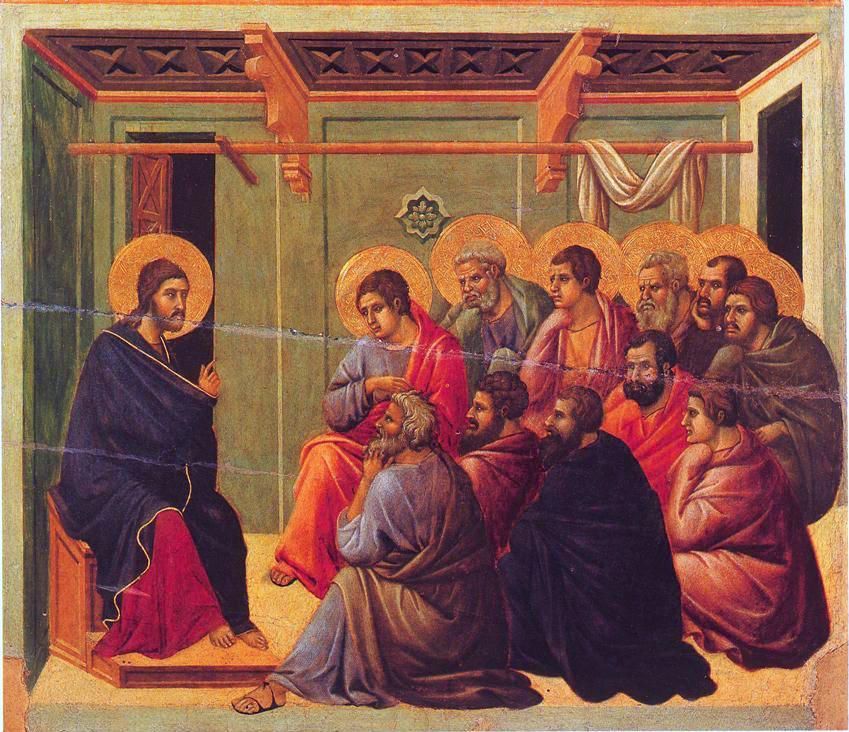Message of Abbot Paul - Thursday 16th February 2023
Abbot Paul • February 16, 2023

In today’s Gospel we read Mark’s version, (Mk 8: 27-33), of that pivotal moment in the life and ministry of Jesus when his disciples declare their faith in him, spoken through Peter, to be the Messiah and Son of God incarnate. It took place at Caesarea Philippi and also marks the halfway point in the Gospel story. “Jesus and his disciples left for the villages round Caesarea Philippi. On the way he put this question to his disciples, ‘Who do people say I am?’ And they told him. ‘John the Baptist,’ they said ‘others Elijah; others again, one of the prophets.’ ‘But you,’ he asked ‘who do you say I am?’ Peter spoke up and said to him, ‘You are the Christ.’ And he gave them strict orders not to tell anyone about him.” Before asking who they think he is, Jesus asks his disciples what others have to say about him. We have become accustomed to the list: John the Baptist, Elijah or another of the prophets come back to life. It is then that Jesus asks them about their own position on the question of his identity. As we know, Peter, in the name of the Twelve, speaks up, “You are the Christ.” In other Gospels this is expanded to say, “the Son of the living God.” This comes together with the constatation of Jesus that their faith is the result of divine revelation, but in Mark, Peter simply says, “You are the Christ“. Jesus does no more than to tell them to keep silent on the matter.
Jesus then goes on to speak of his forthcoming passion, death and resurrection. This is not quite the Messiah they were hoping for and believed him to be, a Messiah “to be rejected by the elders and the chief priests and the scribes, and to be put to death, and after three days to rise again.” Yet Jesus says all this quite openly, even so it’s obvious that the disciples have difficulty understanding this and Peter remonstrates against what Jesus teaches, forcing Jesus to rebuke Peter saying, “Get behind me, Satan! Because the way you think is not God’s way but man’s.” Comparing this with our own fluctuating faith, it’s easy to imagine how one moment Peter is declaring his faith in Jesus as the Messiah and the next, Jesus is accusing him of being like Satan. We, too, can fluctuate between extremes.









